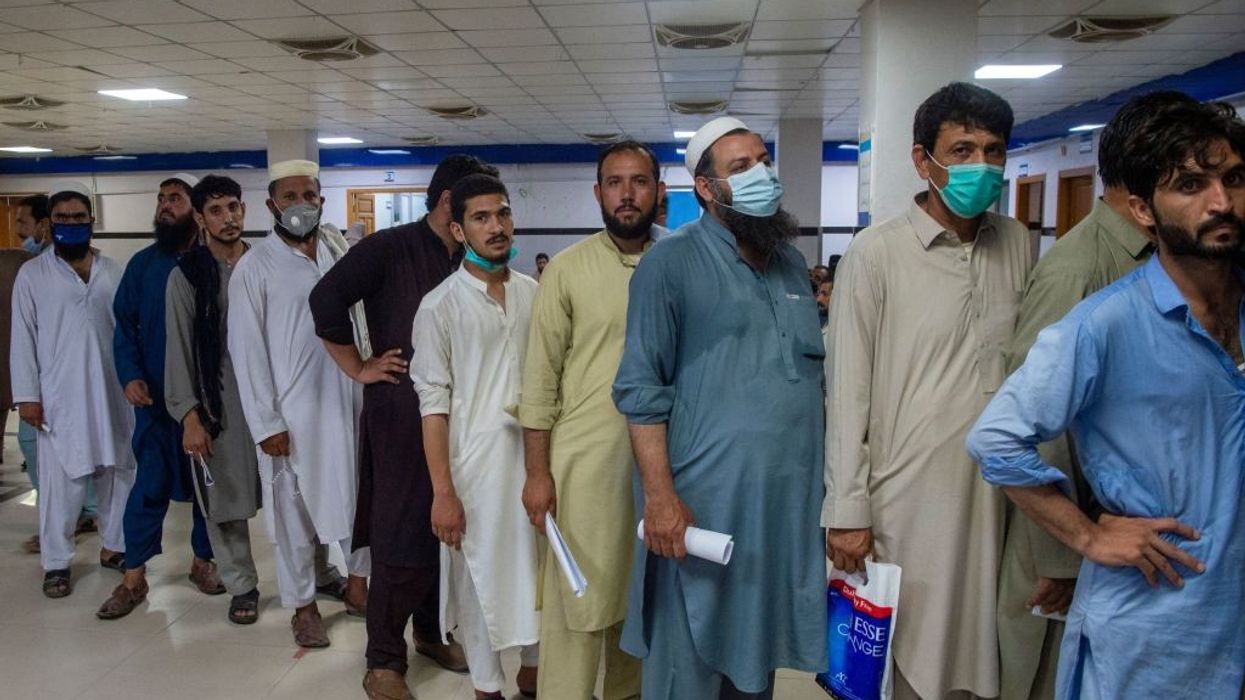PAKISTAN’S fight against Covid-19 received a boost as the UK government has offered its genomic sequencing support to detect new variants of the coronavirus.
Through the New Variant Assessment Platform (NVAP) programme, Pakistan will be able to draw on UK expertise and support to quickly detect new and “potentially more dangerous” variants of the virus, a press release from the UK government said.
The UK will share its expertise and provide reagents to increase genomic sequencing capacity in Pakistan through an agreement between Public Health England and Pakistan’s National Institute for Health.
The support will also include technical advice on bio-informatics workflow and technical processes, it said.
Dr Christian Turner, the British high commissioner to Pakistan, said his country’s science expertise will help Pakistan in its fight against the pandemic.
The cooperation shows “the best of UK-Pakistan friendship” and “our commitment to back Pakistan in building back better from the impacts of Covid-19”, Turner said.
The NVAP programme announced by the UK government earlier this year aims at helping countries that wish to monitor variants of the virus circulating in their population, but do not themselves have the capability to identify them.




